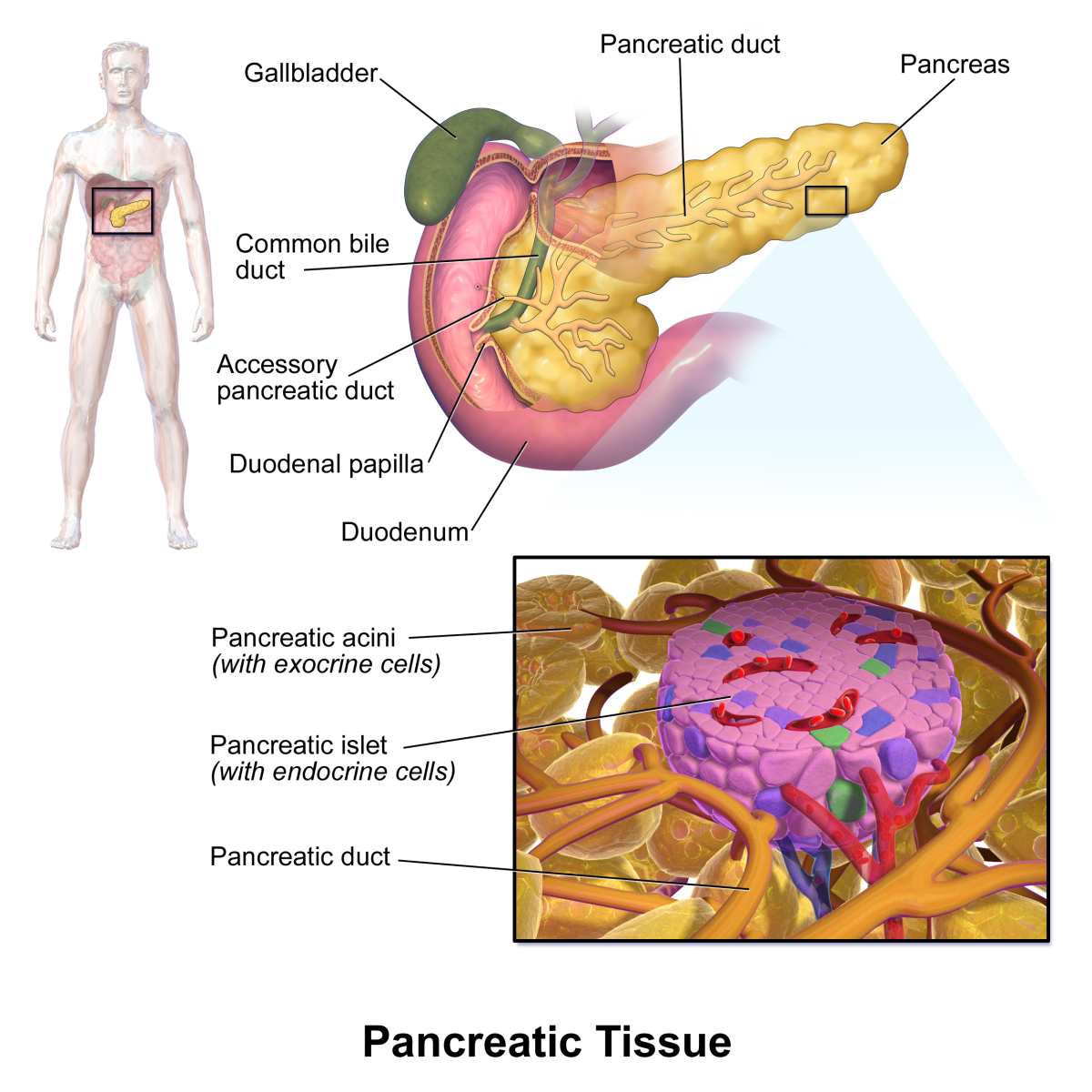Acriflavine - Cancer Treatment Potential
What is Acriflavine
Acriflavine (akri-flàv-een) was synthesized in 1912 by Dr. Paul Ehrlich, a German medical researcher and was used as a treatment for sleeping sickness.
Lately it has been used as a topical antiseptic much like Betadine. It has the form of an orange or brown powder which can be mixed with sterile water to create a topical wash.
It is a dye used to clean the skin. It can stain the skin and may irritate the eyes and mucus membranes.
Please note that penicillin, one of a class of antibiotics called Beta-lactam antibiotics, was not discovered until 1928.

Dr. Paul Ehrlich
Dr. Ehrlich spent a considerable portion
of his life studying dyes and how they could be used to make
microscopic examination of formerly invisible microbes possible. In the
process he discovered that some of the dyes actually had therapeutic
effect on disease. Notably sleeping sickness, diphtheria and syphilis.
Dr. Eherlich, also being a top notch chemist, knew that if some of the
compounds he discovered were too toxic for human use, he could modify
the molecule, come up with variants of these compounds, and create a
much less toxic drug.
When therapeutic quantities of
acriflavine were successfully used to treat sleeping sickness it was
noted that those levels were also toxic. Dr. Ehrlich went on to develop
Arsphenamine
which is similar in structure to acriflavine, but much less toxic. This
compound was later used to treat the three diseases above with less
toxic side-effects. Arsphenamine was also known as 606 as it was the
six hundred and sixth compound Ehrlich and his team developed in an
attempt to find a drug that was simultaneously deadly to bacteria and
only mildly toxic to humans.
Dr. Ehrlich's claim to fame is that he was the first immunologist to take on and tackle Diphtheria with a serum. He also coined the terms "chemotherapy" and "magic bullet."

Cancer Treatment
Acriflavine has now been found to inhibit the growth of new blood vessels (angiogenesis) feeding cancerous cells. This discovery was made by Johns Hopkins University School of Medicine.
Rodent Studies
Mice who are designed to develop cancer showed no new or existing tumor growth
when they were injected with acriflavine daily. Apparently acriflavine disables the function of a protein called HIF-1. This protein is key player in new blood vessel formation.
"Mechanistically, this is the first drug of its kind," said Jun Liu, "It is acting in a way that is never seen for this family of proteins."
Researchers at Johns Hopkins continue to explore new uses for old drugs in the school's expansive drug library.
Johns Hopkins School of Medicine (JHSM) Research
This discovery of the effect of acriflavine on cancer growth was made quite by accident as researchers at JHSM will go through it's vast library of three thousand (3,000+) plus drugs.
"As cancer cells rapidly divide, they consume
considerable amounts of oxygen. To continue growing, a tumour must
create new blood vessels to deliver oxygen to the tumour cells," said
Dr. Gregg Semenza.
Acriflavine has been found to interfere with the function of a protein called hypoxia-inducible factor
(HIF)-1. This protein was discovered by Semenza's team in 1992. It is thought that when HIF-1 "senses" a low oxygen level in surrounding tissue, it can turn on the genes required for blood vessel development. HIF-1 has also been found to be essential to normal tissue growth and wound repair, but it can also be "turned on" by cancers demanding oxygen for growth.
Once the protein for blood vessel development was identified the Johns Hopkins team then went through their 3000+ drug library to see what might affect the protein.
They were astonished to find that such an old drug could bind to the protein and disable it.








